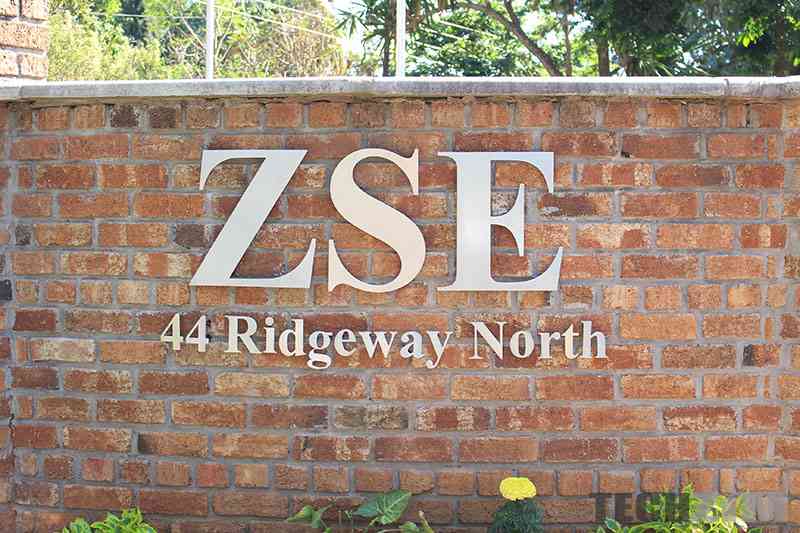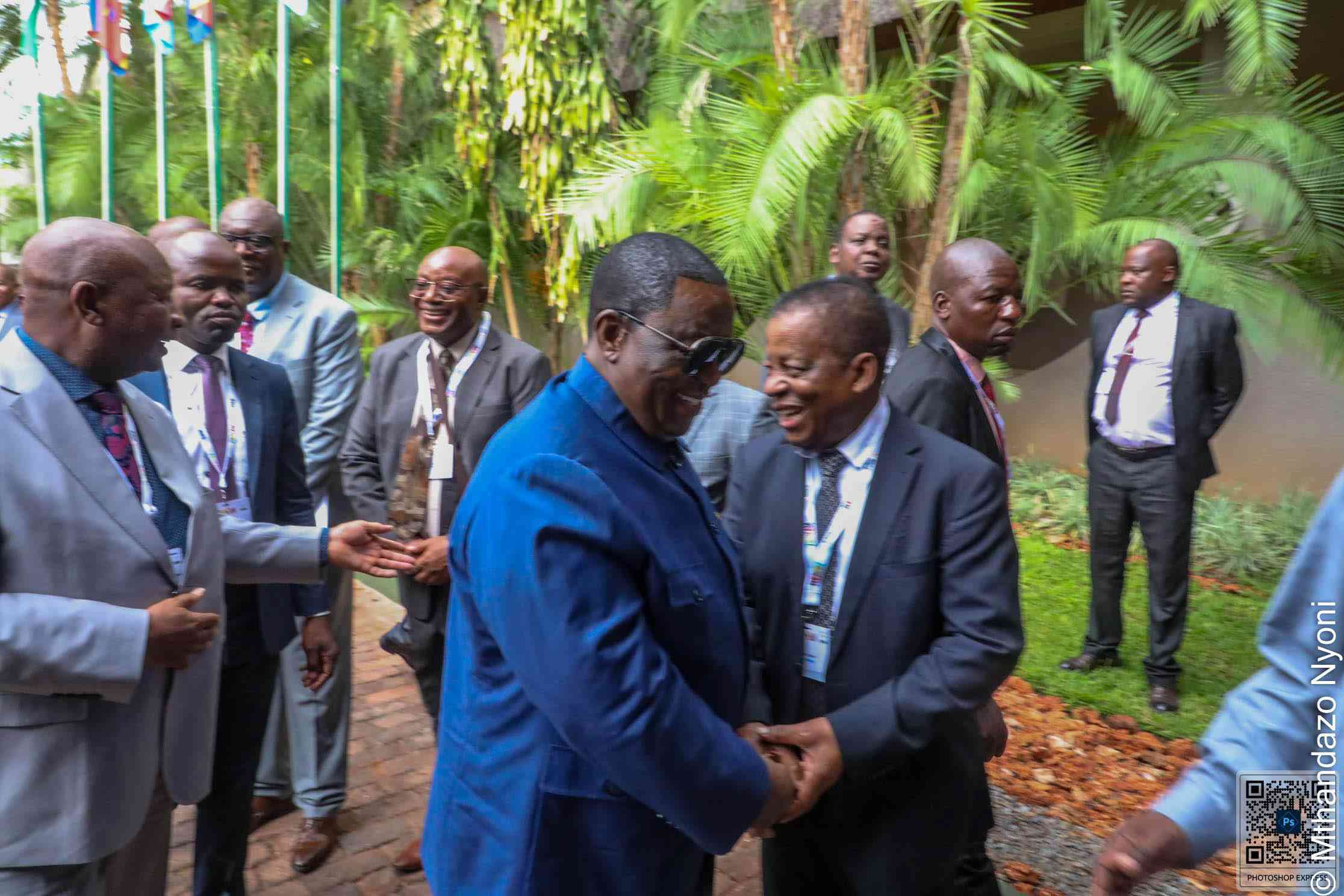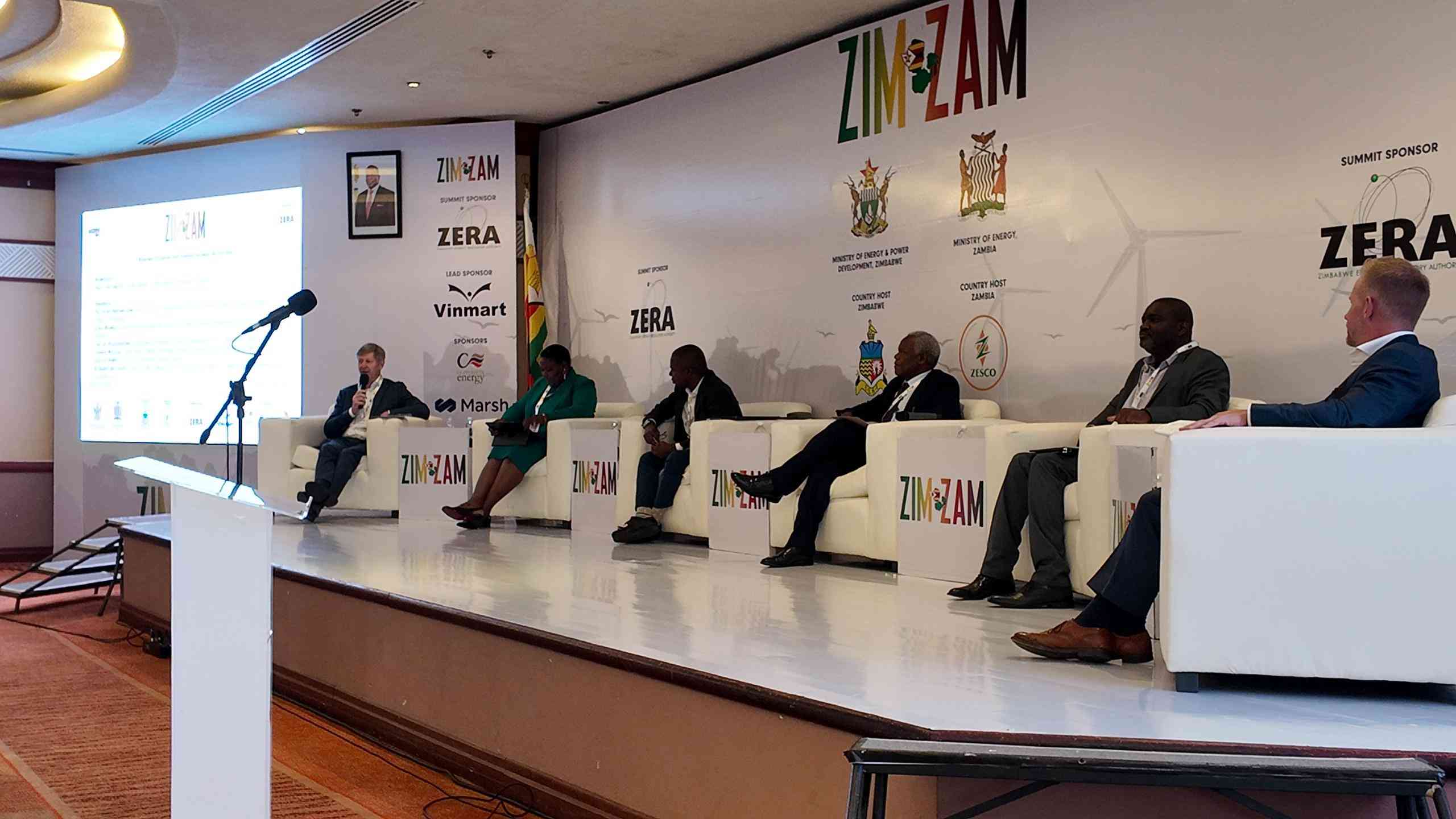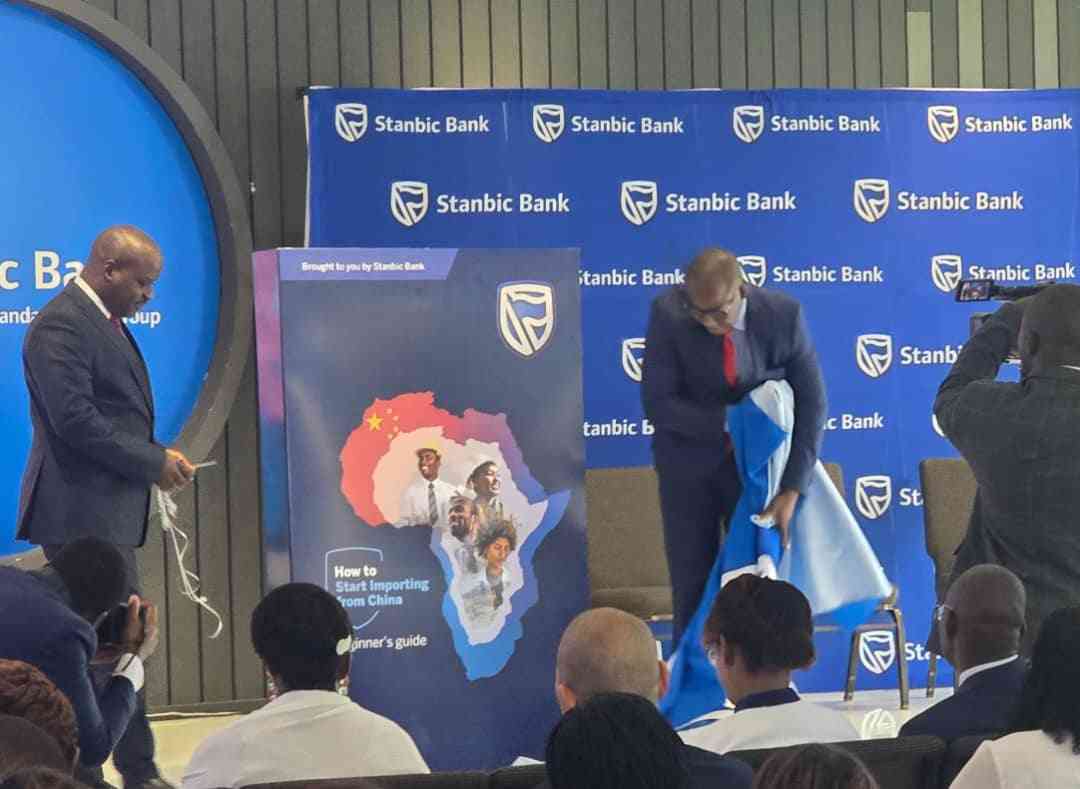THE Zimbabwe Stock Exchange (ZSE) now has Delta Corporation Limited and Econet Wireless Zimbabwe as the only valuable counters, as firms are leaving the bourse for a listing on the Victoria Falls Stock Exchange (VFEX), stockbrokers have revealed.
The local currency’s volatility has resulted in counters delisting from ZSE for a listing on the foreign currency-only bourse, VFEX.
Last month, private equity investor BridgeFort Capital Limited and tea producer, Tanganda Tea Company Limited, announced plans to delist from the ZSE for a VFEX listing.
For firms that remain on the ZSE, they are abandoning ZiG as a reporting and functional currency and opting for the United States dollar.
“First of all, liquidity is affected by two currencies, the ZiG and US dollar. Before the ZiG currency, trading was in one currency and all the counters were on the ZSE. But, what has happened now with the currency volatility, some counters have moved from ZSE to VFEX,” Stockbrokers Association of Zimbabwe secretary general Arnold Chibvongodze told NewsDay Business.
- Stanbic Bank steps up efforts to promote international trade
- Direct insurance policies up 12% in Q2
- Simbisa to expand Zim footprint
- Econet deploys 32 5G base stations, earmarks additional 120 sites
- NMBZ turns to Rabobank for agric financing
“So, the whole Innscor group [as an example] has moved from ZSE to VFEX and no new shares were issued, So it was just moving the shares across. So, what happened is that, because that group also was contributing to liquidity in the local currency, that liquidity now has dried up, it’s now in US dollars.”
He said that the ZSE was now left with Delta and Econet as significant counters, making it challenging for brokers to operate effectively.
As of last Friday, Delta and Econet had market caps equivalent to US$987,87 million and US$373,88 million, respectively, on the ZSE.
“Now we have got two major shares trading, Econet and Delta. If you don’t trade those two counters, if you’re a broker, then definitely you won’t make it.
Without those two counters there is very little revenue,” Chibvongodze said.
“Whereas when you go on the other side, on the VFEX, you find that trading most of those counters, like Innscor, Simbisa and then WestProp, all those counters are trading and they are trading in US dollars, which means what you get there is real money.”
Over the past few months, the ZSE’s market capitalisation has been weakening according to financial service firms and stockbrokers.
However, the bourse’s valuation has risen as its market capitalisation reached US$3,27 billion as of last week, from US$2,75 billion by the end of December 2023.
Chibvongodze said when one gets local currency, he or she has to convert it into dollars to meet obligations.
“So that’s the problem we have at the moment,” Chibvongodze said.
He urged the government to adopt a single currency to stabilise liquidity, suggesting the adoption of South African rand which he said would give access to the region.
“Maybe adopting the rand would be the best because what it means is that trading across the region becomes easier. For Zimbabwe companies exporting to South Africa, it becomes easier,” Chibvongodze said.













